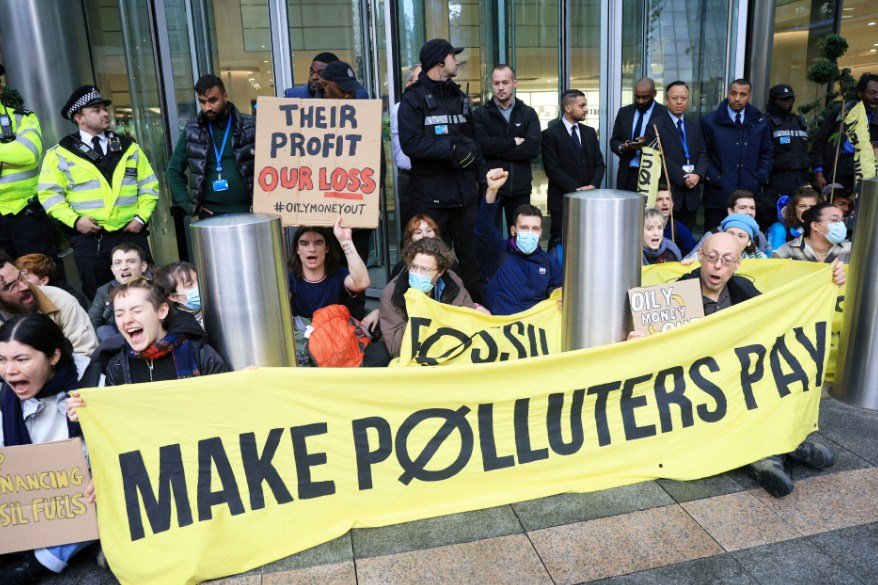Four major banks have announced their withdrawal from a UN-backed initiative that aims to evaluate the climate impact of their lending portfolios. The banks are Barclays, HSBC, Standard Chartered and NatWest Group, which together account for more than 10% of global banking assets.
Banks cite lack of clarity and consistency
The initiative, known as the Partnership for Carbon Accounting Financials (PCAF), was launched in 2015 by a group of Dutch banks and NGOs. It provides a common framework for banks and other financial institutions to measure and disclose the greenhouse gas emissions associated with their loans and investments. The goal is to help align the financial sector with the Paris Agreement, which aims to limit global warming to well below 2°C above pre-industrial levels.
However, the four banks said they decided to leave the initiative because of the lack of clarity and consistency in the PCAF methodology and reporting standards. They said they found it difficult to compare their results with those of other banks, and to communicate them to their stakeholders and regulators. They also said they had concerns about the quality and availability of data, and the potential for double counting of emissions.
The banks said they remain committed to supporting the transition to a low-carbon economy, and will continue to report on their climate-related risks and opportunities using other frameworks, such as the Task Force on Climate-related Financial Disclosures (TCFD) and the Science Based Targets initiative (SBTi).
PCAF expresses disappointment and invites dialogue
The PCAF expressed its disappointment with the banks’ decision, and said it was open to dialogue and collaboration to address their concerns. It said it was proud of the progress it had made in developing a robust and transparent methodology, which has been adopted by more than 140 financial institutions worldwide, representing over $43 trillion in assets.
The PCAF said it was confident that its approach was the best way to measure and disclose the climate impact of financial portfolios, and to drive action towards the Paris Agreement goals. It said it welcomed feedback and input from its members and stakeholders, and was constantly working to improve its standards and guidance.
The PCAF also said it hoped that the banks would reconsider their decision in the future, and rejoin the initiative as part of their efforts to tackle the climate crisis.
Experts warn of reputational and regulatory risks
The banks’ withdrawal from the PCAF has raised questions about their credibility and leadership on climate issues, especially ahead of the COP28 summit in Dubai later this year, where countries are expected to submit more ambitious climate pledges.
Some experts have warned that the banks could face reputational and regulatory risks if they fail to demonstrate how they are aligning their portfolios with the Paris Agreement. They said the banks could lose the trust and confidence of their customers, investors, and regulators, who are increasingly demanding more transparency and accountability on climate matters.
They also said the banks could miss out on the opportunities and benefits of being part of a global network of financial institutions that are working together to advance the climate agenda. They said the PCAF provides a valuable platform for sharing best practices, learning from peers, and influencing policy and regulation.

